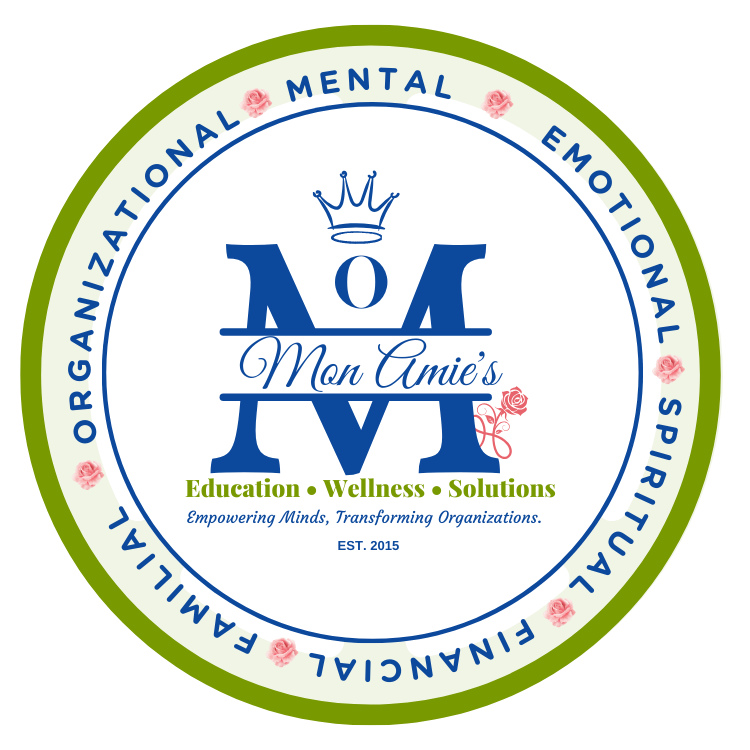Overcoming Corporate Bullying: Strategies for Dealing with Persistent Emails and Toxic Leadership
Respect in the workplace is a fundamental aspect of creating a positive and healthy work environment. When employees feel respected by their colleagues and superiors, they are more likely to feel valued, motivated, and engaged in their work. Respectful communication, appreciation for diverse perspectives, and recognition of individual contributions all contribute to a culture of respect that fosters teamwork, collaboration, and overall job satisfaction. Conversely, unprofessional and toxic leadership that promotes disrespectful behavior can have a detrimental impact on productivity and hinder progress on projects.
Corporate bullying is a pervasive issue in many workplaces, often manifested through persistent emails and toxic leadership. Constantly receiving critical or demanding emails from a toxic leader can be emotionally draining and detrimental to your mental health.
Toxic leadership, characterized by behaviors such as bullying, micromanaging, and undermining employees, not only damages morale but also impedes effective communication and collaboration within teams. When employees are subjected to disrespectful treatment, they may feel demoralized, disengaged, and less motivated to contribute their best efforts. This can lead to a breakdown in trust, a decrease in productivity, and ultimately hinder the successful completion of projects. It is essential for organizations to prioritize respect in the workplace and cultivate a culture that values and appreciates the contributions of all employees in order to foster a positive and productive work environment.
Here are some strategies for dealing with persistent emails and toxic leadership in the workplace:
1. Recognize the behavior: Corporate bullying via persistent emails may involve constant criticism, unrealistic demands, or aggressive language. It's important to recognize this behavior and understand that it is not acceptable or normal in a professional setting.
2. Take a step back: Before reacting to a persistent email, take a step back and assess the situation. Consider the sender's intentions and the underlying reasons for their behavior. This can help you respond more effectively and objectively.
3. Respond assertively: When responding to a persistent email, remain calm and professional. Address the issues raised in the email, but do not engage in a confrontational or emotional exchange. Stick to the facts and focus on finding solutions to the problem.
4. Set boundaries: Establish clear boundaries with the sender of the persistent emails. Let them know what behavior is unacceptable and communicate your expectations for communication. If necessary, consider setting up a meeting to address the issues in person.
5. Seek support: Dealing with corporate bullying can be isolating and overwhelming. Reach out to HR, a trusted colleague, or a mental health professional for support and guidance. Talking about your experiences can help you process your emotions and gain perspective on the situation.
6. Document incidents: Keep a record of any persistent emails or instances of corporate bullying. Document the date, time, and content of the emails, as well as how they made you feel. Having a record of these incidents can be helpful if you need to escalate the issue further or seek alternative employment options.
What to Do If The Behavior Doesn’t Change
If toxic and disrespectful behavior persists despite efforts to address it, it may be necessary to escalate the issue to higher levels of management or HR. Document specific incidents of disrespectful behavior and how it has impacted the work environment and productivity. Request a meeting with HR or a senior leader to discuss the situation and seek their support in addressing the behavior. It is important to communicate the impact of the behavior on the team and the organization, and to emphasize the need for a resolution to ensure a positive and respectful workplace environment. If necessary, seek external resources such as mediation or coaching to help address the issue and facilitate a positive change in behavior. Ultimately, creating a culture of respect and professionalism in the workplace is essential for the well-being of employees and the success of the organization.
Dealing with corporate bullying, especially via persistent emails, can be challenging and emotionally draining. By recognizing the behavior, setting boundaries, seeking support, and documenting incidents, you can protect your mental health and navigate these difficult situations with resilience and strength. Remember, you deserve to work in a safe and respectful environment where your well-being is valued and prioritized.
_________________________________________________________________
About Mon Amie’s Business, Wellness & Learning Solutions
At Mon Amie’s, we restore hope, remove barriers, and create spaces where people can thrive. Rooted in a deep commitment to equity, we work to remove systemic obstacles for neurodiverse students, struggling learners, and organizations facing cultural barriers that compromise mental and emotional wellness. Guided by compassion, empathy, and lived experience, we create environments where people feel seen, valued, and equipped to succeed—leaving every person and place better than we found it.
We serve our community through three core areas:
Learning Solutions – K-12 tutoring in Mathematics, English Language Arts, Literacy, and Organizational Skills Training delivered by highly qualified educators.
Wellness Solutions – Tailored support for individuals and families navigating high stress, anxiety, depression, and neurodivergent disorders, grounded in a trauma-informed approach.
Business Solutions – Organizational consulting focused on workplace culture, equity, and mental and emotional wellness.
Our vision is to see communities where every person is valued, barriers are removed, and opportunity is limitless. Mon Amie’s is building that future—one tutoring session, one coaching call, one child, and one family at a time.
Mon Amie’s Business, Wellness & Learning Solutions does not provide medical advice, diagnosis, counseling, therapy services, or treatment. Any information published on this website or by this brand is not a substitute for medical advice. Please consult a healthcare professional before making decisions regarding your health.





